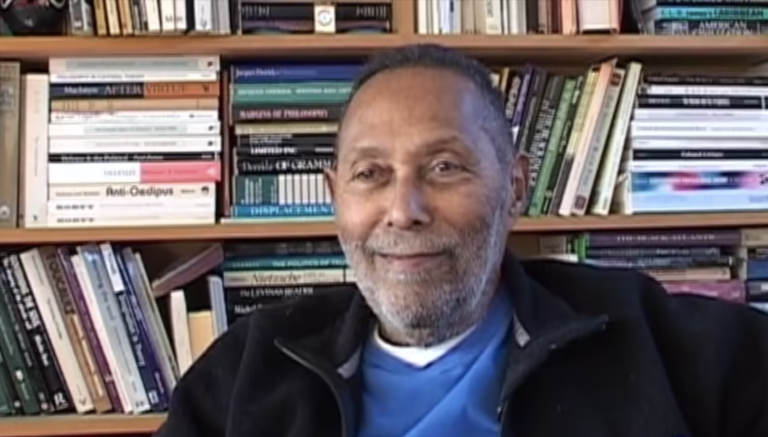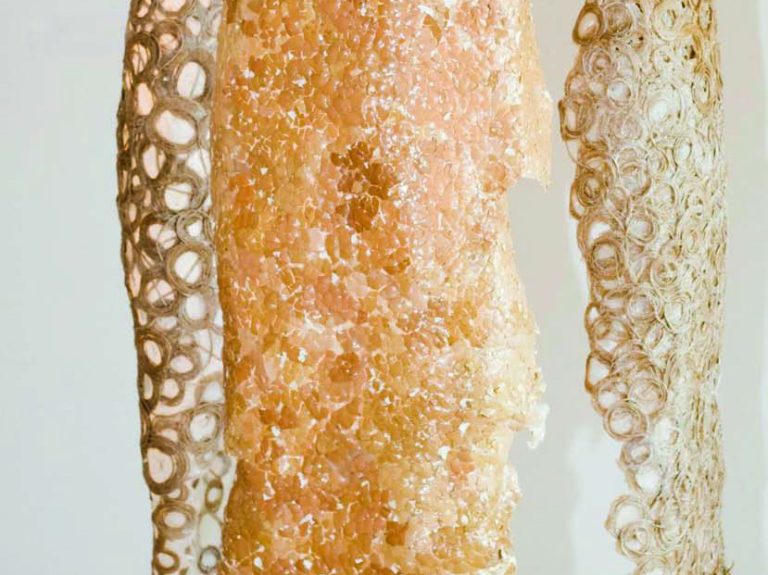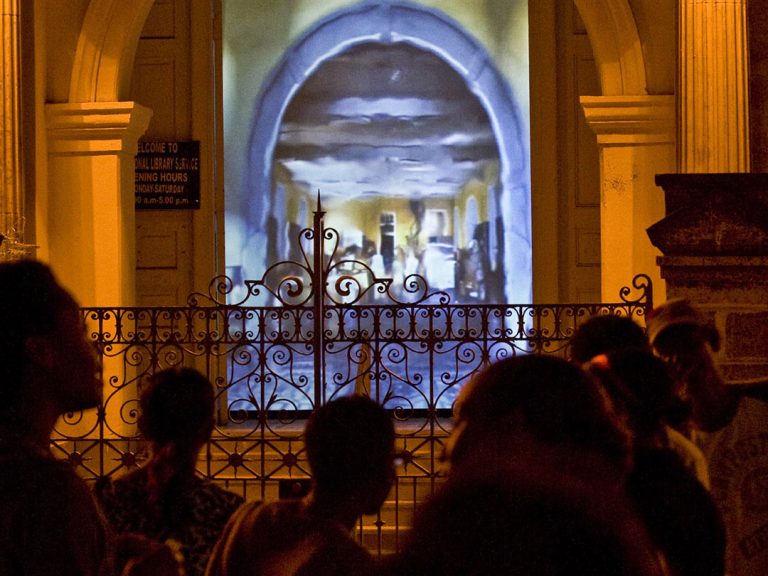John Franklin
John W. Franklin has specialized in the history and culture of Africa and its Diaspora for the past 50 years. He has lived in Senegal and worked and traveled extensively in Africa, the Caribbean, Brazil, Canada and Europe. Franklin’s focus has been on France, its role in the TransAtlantic Slave Trade, French Colonization, and the contemporary French-speaking world, from Louisiana to Mauritius. Fluent in French, he is a sought-after speaker in the US, the French-speaking world and beyond. Franklin’s career at the Smithsonian Institution began in Dakar, Senegal. He served as the Africa-based researcher for the Smithsonian’s 1976 Bicentennial Folklife Festival and presented the African and Caribbean delegations.
In 2005 Franklin was among the first staff members of the Smithsonian’s 19th museum, the National Museum of African American History and Culture, which opened in 2016. He built partnerships for the museum with universities and museums in the United States, Canada, Brazil, The UK, France, West, East, and Southern Africa and the Caribbean.
Franklin served on the Board of Directors of the West Africa Research Center, based in Dakar. He served on and chaired the Maryland Commission on African American History and Culture, during which he built the $3 million expansion of the Banneker-Douglass Museum in Annapolis, Maryland and the $30 million Reginald Lewis Maryland Museum of African American History and Culture in Baltimore, Maryland. Franklin also served on the Board of Governors of the Joint Center for Political and Economic Studies. He edited “My Life and an Era: The Autobiography of Buck Colbert Franklin,” with his father, John Hope Franklin. He has lectured for the U.S. Department of State, to its visitors to the US, and at universities and museums in Brazil and France.
Since his retirement in 2019, John Franklin established Franklin Global LLC, to continue to lecture on cultural issues and consult with cultural and educational institutions. He currently serves on the French President’s Commission for the Memory of Slavery and the Slave Trade. He works closely with UNESCO’s Slave Route Project, developing conferences on the contemporary impact of slavery. For the past several years, he has focused on the legacy of slavery at American universities and is currently advising Davidson’s College’s Race and Slavery at Davidson Commission. As we approach 2021, he is engaged in discussions in Tulsa, Oklahoma on facets of the commemoration of the 1921 Tulsa Race Massacre, which his grandfather survived.
Visit websiteRelated Programming
Related Programming




